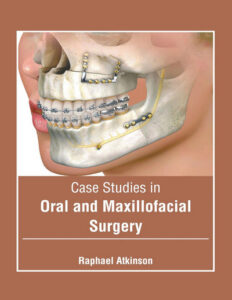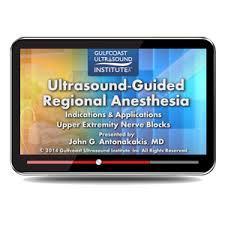Harvard Diabetes Comorbidities And Complications 2024 (Videos With Captions + Slides)
Comprehensive Updates for State-of-the-Art Diagnosis, Management, and Prevention
Diabetes Comorbidities and Complications will be held online, using live streaming, electronic Q&A, and other remote learning technologies.
This comprehensive course provides education and updates to optimize your care of patients with diabetes and these conditions:
- Obesity
- Cardiovascular Disease
- Heart Failure
- Coronary Artery Disease
- Cerebrovascular Disease
- Hypertension
- Hyperglycemia
- Hypoglycemia
- Dyslipidemia
- Metabolic-Associated Fatty Liver Disease
- Chronic Kidney Disease
Sessions are led by experts in these conditions and their impact on the patient with diabetes. Faculty deliver practical education that is focused on:
Advancing your knowledge of diabetes comorbidities and complications
Delivering state-of-the-art approaches to evaluation and management of the patient with diabetes and these conditions
Identifying practical strategies to reduce the risk of diabetes comorbidities and complications
Optimizing clinical decision-making
Improving patient outcomes
In addition to their clinical expertise, faculty have been chosen for their inspirational teaching skills and their ability to provide specific recommendations to incorporate the vast number of recent updates covered in this program into day-to-day clinical practice.
EDUCATIONAL HIGHLIGHTS
This program provides strategies, updates, and new practice recommendations to improve your care of patients with (and at risk for) diabetes complications and comorbidities. Participants can rely on this program for updates that ensure state-of-the-art:
- PREVENTION and RISK REDUCTION
- DIAGNOSIS
- MANAGEMENT
- USE of the NEWEST DIABETES DRUGS, TECHNOLOGIES, and DEVICES
PREVENTION and RISK REDUCTION
New algorithms for evaluating cardiovascular and renal risk in patients with diabetes
Medical treatment and lifestyle interventions to prevent:
- Cardiovascular disease
- Kidney disease
- Cerebrovascular disease
- Hyper- and hypoglycemia
Medication interactions: avoiding adverse outcomes
Impact of the newest pharmacological tools to reduce CV and renal disease development and progression
DIAGNOSIS
Expanded options for diagnosis of:
- Coronary artery disease
- Heart failure
- Cerebrovascular disease
- Chronic kidney disease
- Metabolic-associated fatty liver disease
- Hypoglycemia
MANAGEMENT
- Adjusting pharmacological therapies in the patient with diabetes complications
- Evaluating, managing, and monitoring diabetic CKD
- Obesity management: when to consider new therapeutic and surgical options
- Diagnosis and management of coronary artery disease in the patient with diabetes
- Management of kidney disease in the patient with diabetes
- Hypertension and cholesterol management: customizing targets and treatment strategies for each patient
- Heart failure: improving patient functional capacity with combined therapies
- Management of cerebrovascular disease
- Updates in the management of hyper- and hypoglycemia
- Current guidelines for treating metabolic-associated fatty liver disease
- Combining innovative therapeutic combinations with traditional approaches
- Strategies to assess and manage interacting comorbidities
INCORPORATING NEW DRUGS, TECHNOLOGIES, and DEVICES INTO PRACTICE
- The expanded roles of SGLT-2 inhibitors, MRA, and GLP-1 RA in treating CV and renal disease
- Practical recommendations for the use of GLP-1 RA, SGLT-2 inhibitors, and MRA
- Advances in glucose monitors, insulin pumps, and diabetes apps
SOCIAL, RACIAL, SEXUAL, and CULTURAL DIFFERENCES IN DIABETES CARE NEEDS
- We are committed to offering the best practices for health care equity and the needs of diverse patient populations. Highlights include:
- Management of diabetes and related disorders in diverse racial/ethnic populations
- Recognizing biases: strategies for achieving equity and addressing disparities
- Establishing and maintaining connections with patients













Reviews
There are no reviews yet.